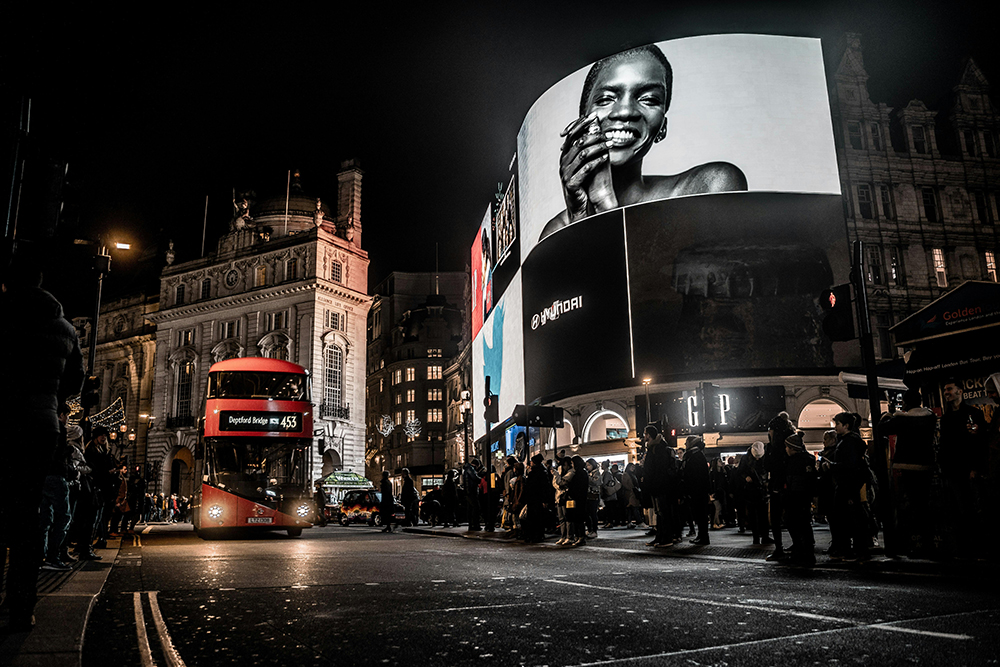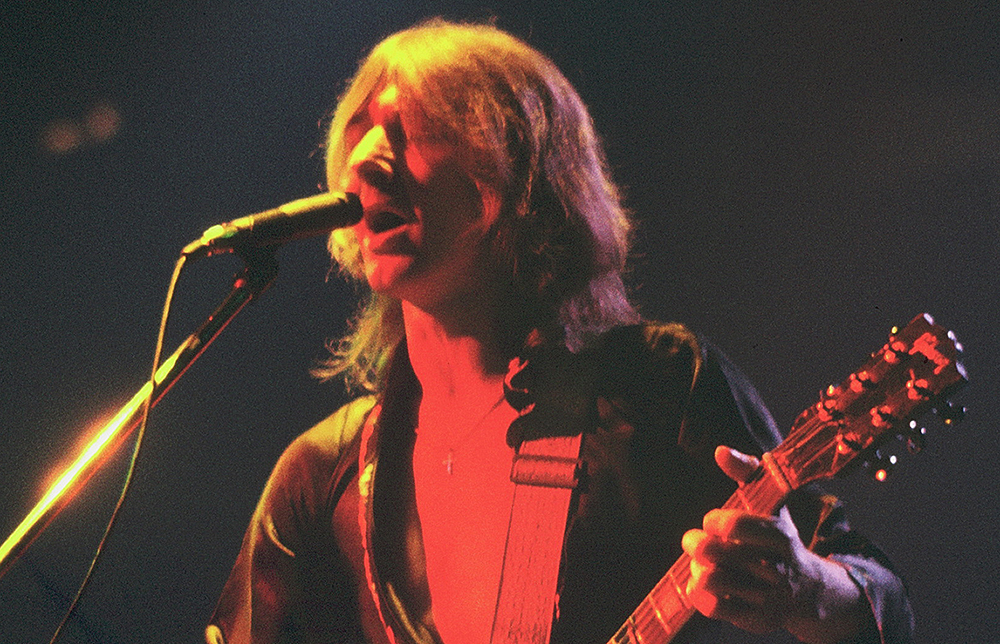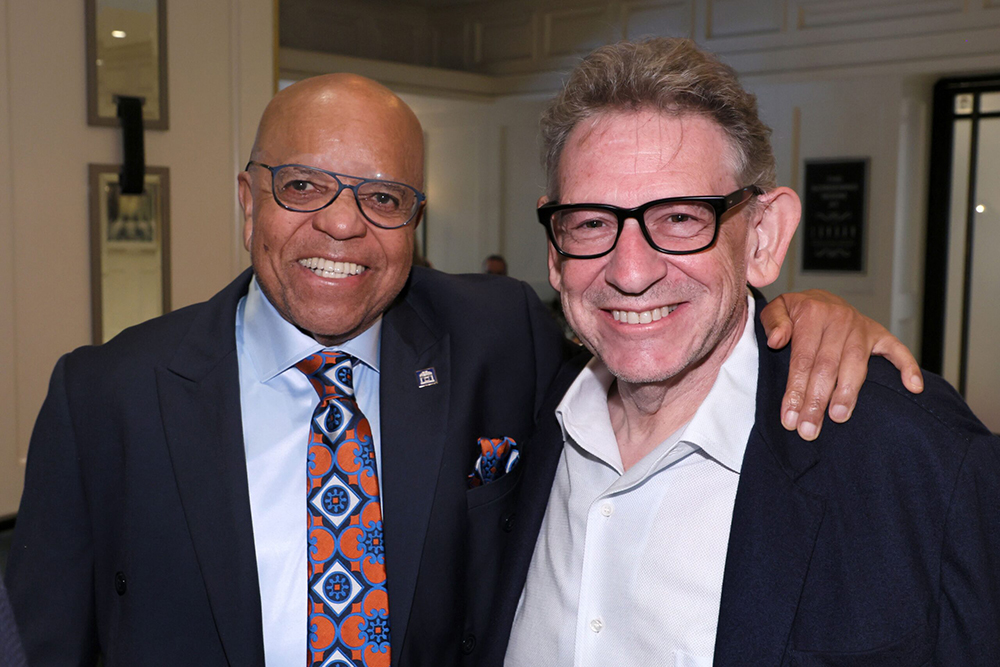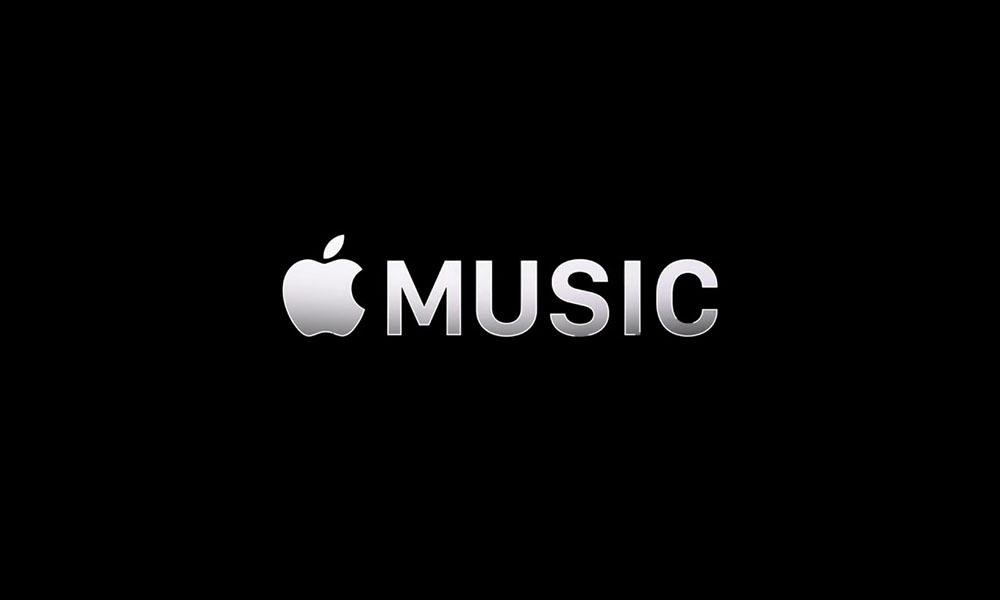
(Hypebot) – As the industry shifts further towards streaming and away from a retail and download based economy, not only is the way in which we consume music changing, but so is the music itself, particularly when it comes to pop music.
Guest post by Jason Moss on the TuneCore Blog
[Editors Note: This is a guest blog written by Jason Moss. Jason is an LA-based mixer, producer and engineer. His clients include Sabrina Carpenter, Madilyn Bailey, GIVERS and Dylan Owen. Check out his mixing tips at Behind The Speakers.]Last year, the U.S. music industry made more money from streaming than CDs or digital downloads.
The times, they are a-changin’.
In case you haven’t noticed, the way we consume music is shifting. You’ve likely read about how this is impacting artists. But no one’s talking about how it will impact the sound of pop music.
Streaming won’t just change the way pop music is consumed, but also the way it’s created. This shouldn’t be surprising. In fact, there’s always been a relationship between music, medium, and distribution. For proof, look to the past.
In the 60’s, Motown built records for radio. Short song lengths allowed for the regular interjection of ads, and long intros gave DJs the freedom to talk over tracks. In the 1980’s, the dawn of the CD gave way to longer-form content. The average album’s length increased from 40 minutes to well over an hour. And since it was no longer important to maintain the integrity of vinyl grooves , records started sporting wider low ends and louder levels. (Is it any surprise that hip hop emerged as a dominant genre during this time?) In the 2000’s, Apple’s decision to unbundle the album and offer single-track downloads on iTunes shifted the trajectory of the music industry once again. After an album-oriented trend that lasted decades, singles once again became the primary focus.
Throughout the history of the music business, the goal was always the same: get people to purchase records. Once that purchase was made, it didn’t matter whether the record was played or not.
The traditional pop music-making process evolved to serve these intentions. Infectious, hook-heavy records were crafted to drive listeners to the checkout aisle. The biggest hits seemed inescapable for a month or two, but often disappeared as quickly as they emerged. But as far as the music industry was concerned, this was irrelevant. As long as people bought the CD or downloaded the song, we were happy.
But streaming has completely changed the game. For the first time, financial success is no longer based on one-time sales, but on ongoing streams. The more a track is played, the bigger the payout. The implications of this shift are massive.
On streaming platforms, flash-in-the-pan tracks that burn bright and fade fast are less lucrative than ever. The most profitable pop songs instead burrow their way into the hearts of listeners, inspiring millions of streams for years to come. Success is no longer about the hit, but the replay.
This shift introduces a powerful new incentive to foster deeper, longer-lasting relationships with listeners. While tracks will still need to be hook-laden enough to inspire an immediate connection, they must also be worth listening to hundreds, if not thousands of times.
What will this mean for the pop hits of the future? We can only guess. As terrestrial radio continues to become less relevant, song structures and arrangements will likely become more fluid. New, innovative mediums may even emerge. Who says a recording has to present the same experience with every play? What if tracks evolved over time? What if, after one hundred plays, a bonus verse emerged? As play count becomes a dominant metric for measuring the success of tracks, ideas like these are fair game.
One thing’s for sure—as streaming continues to emerge as the dominant platform for music consumption, the sound of pop music will change. Will you change with it?


























































